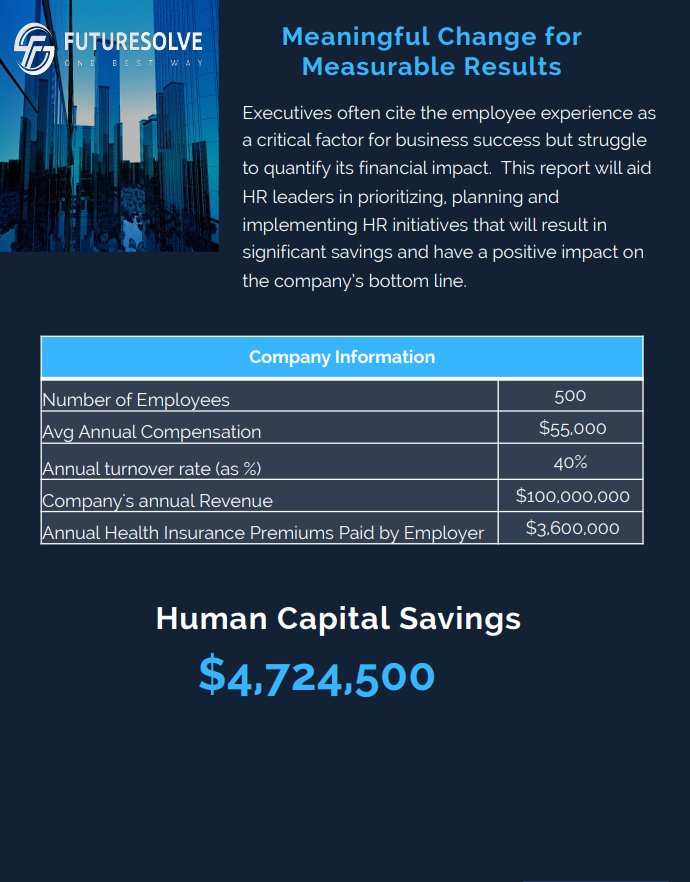Compensation planning is a critical aspect of talent management for any organization. It involves assessing, designing, and implementing a fair and competitive compensation package for employees. This process is not static but requires annual review and adjustment to remain effective. Compensation consultants play a vital role in this process, helping businesses stay competitive in attracting and retaining top talent. In this blog, we’ll explore the annual compensation planning process and discuss how a compensation consultant can assist your organization.
The Annual Compensation Planning Process
Annual compensation planning is a cyclical process that ensures an organization’s compensation strategy remains aligned with its goals and market realities. The process typically follows these steps:
- Assessment and Analysis: The process begins with a comprehensive assessment of the organization’s current compensation structure and market position. It involves examining the company’s financial health, employee performance, and external market data. The goal is to understand where the organization stands and identify areas that may need adjustment.
- Goal Setting: After assessing the current compensation structure, organizations set specific compensation goals. These goals can include attracting top talent, retaining high-performing employees, and ensuring competitive market positioning.
- Market Benchmarking: One of the most critical steps is comparing the organization’s compensation packages to industry standards and competitors. This data provides insights into whether your compensation strategy is competitive and helps in making necessary adjustments.
- Budget Allocation: Based on the assessment and market benchmarking, organizations allocate a budget for compensation expenses. This budget sets the financial framework for compensation planning.
- Designing Compensation Packages: With the budget in place, compensation consultants work with HR and management teams to design competitive compensation packages. These packages may include base salary, bonuses, stock options, and benefits.
- Employee Feedback and Communication: Transparency is crucial in this process. Employees should be informed about the changes in their compensation packages. Gathering their feedback can help identify areas of improvement.
- Implementation: Once the compensation packages are finalized, they are implemented. This includes updating HR systems, payroll, and making sure all employees are aware of their new compensation terms.
- Monitoring and Adjustment: Annual compensation planning doesn’t end with implementation. Continuous monitoring and adjustment are necessary to ensure the organization remains competitive and aligned with its goals. This step involves regularly reviewing market data, employee performance, and feedback.
The Role of a Compensation Consultant
Compensation consultants are experts in the field of compensation and play a pivotal role in the annual compensation planning process. Here’s how they can assist your organization:
- Expertise in Market Trends: Compensation consultants have access to a wealth of market data and industry trends. They can provide insights into what competitors are offering and help your organization remain competitive in the talent market.
- Objective Evaluation: Consultants offer an objective perspective on your compensation strategy. They can identify areas where your organization may be overpaying or underpaying employees, ensuring that your compensation packages are cost-effective and competitive.
- Compliance and Legal Expertise: Compensation consultants are well-versed in employment laws and regulations. They can ensure your organization’s compensation packages comply with relevant laws, reducing the risk of legal issues.
- Customized Solutions: Every organization is unique, and compensation consultants can tailor solutions to meet your specific needs and goals. They take into account your industry, company size, and culture to create compensation packages that work for your employees.
- Cost Management: Consultants help organizations optimize their compensation budgets. They can identify cost-saving opportunities while still offering competitive packages to employees.
- Employee Engagement: Consultants can help improve employee engagement by creating compensation packages that align with employee expectations and values. This can lead to increased job satisfaction and retention.
Conclusion
Annual compensation planning is an essential process for any organization aiming to attract and retain top talent while remaining competitive in the market. Compensation consultants bring expertise, objectivity, and a deep understanding of market trends to this process, making them invaluable assets to organizations of all sizes. By partnering with a compensation consultant, your organization can navigate the complexities of compensation planning, ensuring that your compensation packages are not only competitive but also aligned with your strategic goals.





























